ECG Blog #451 — Premature Closure.
Ken Grauer, MD
OCTOBER 10, 2024
I was sent the ECG shown in Figure-1 — told only that the patient was a middle-aged man with septicemia. Figure-1: The initial ECG in today's case. With practice — it should literally take no more than seconds to assess these 5 Parameters ( See ECG Blog #185 — for more on the Ps,Qs,3R Approach to rhythm interpretation ).

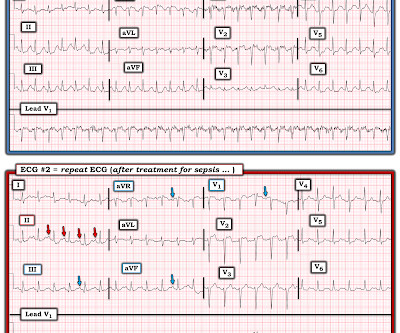
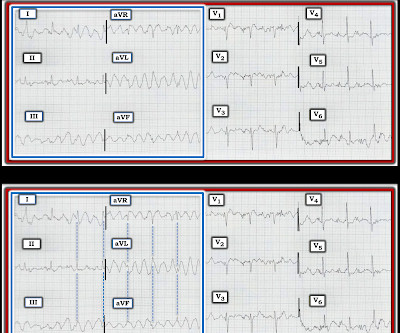

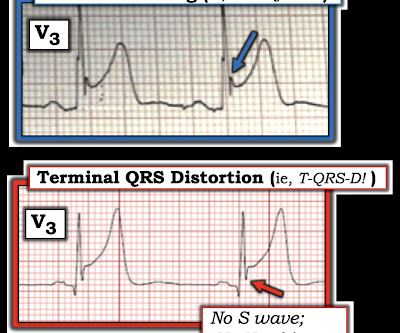







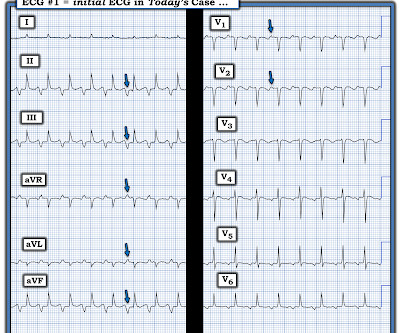






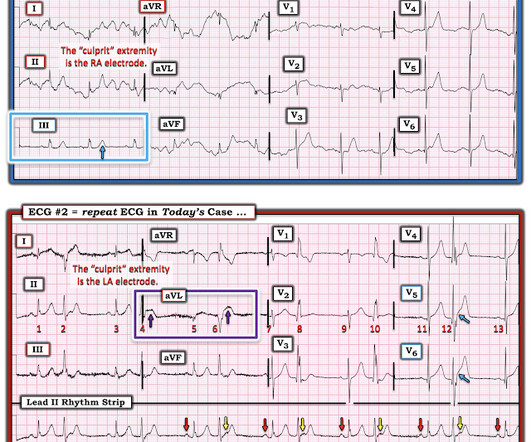
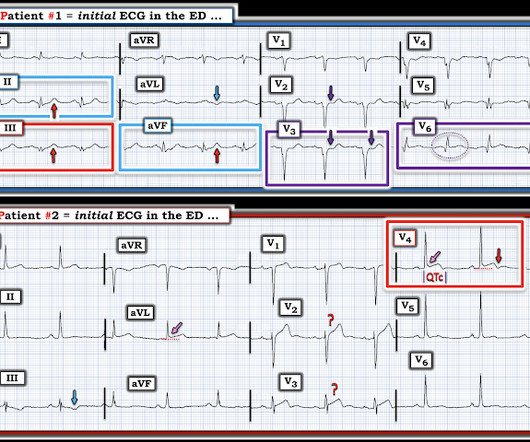






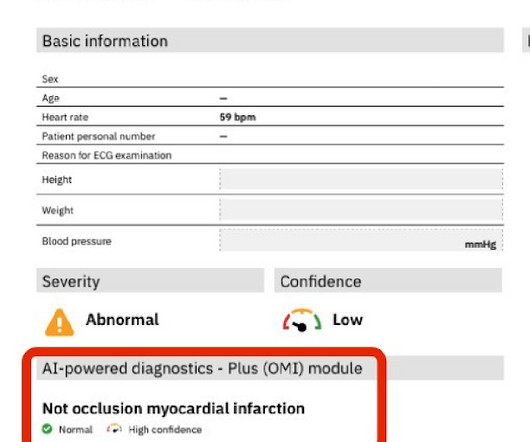
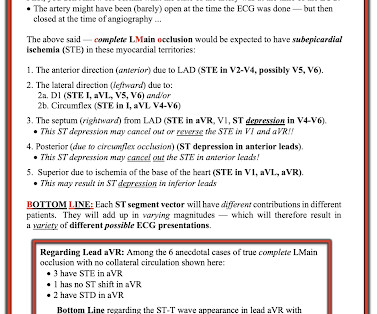




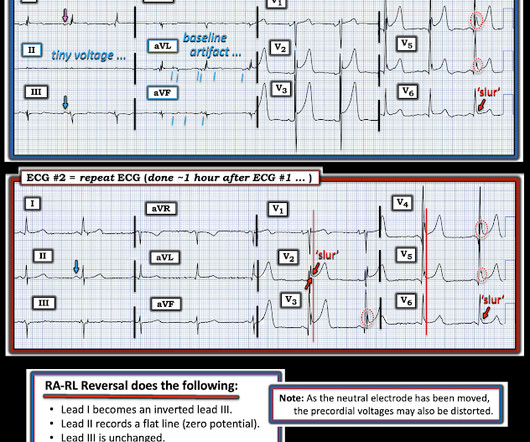
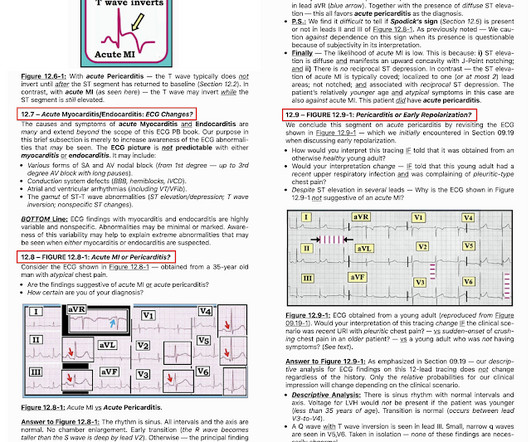
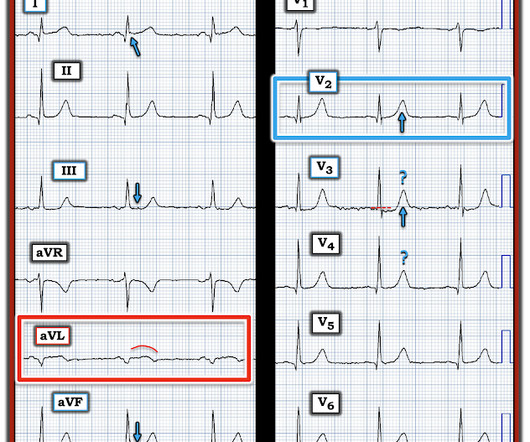


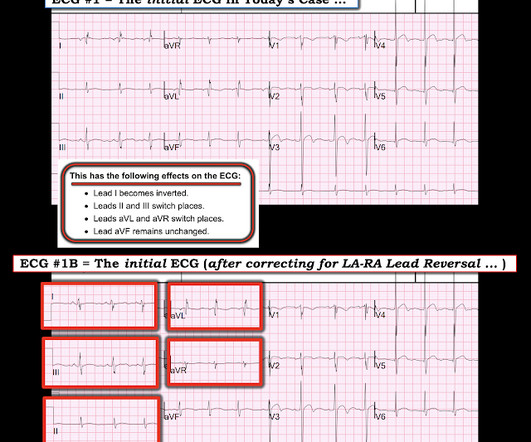
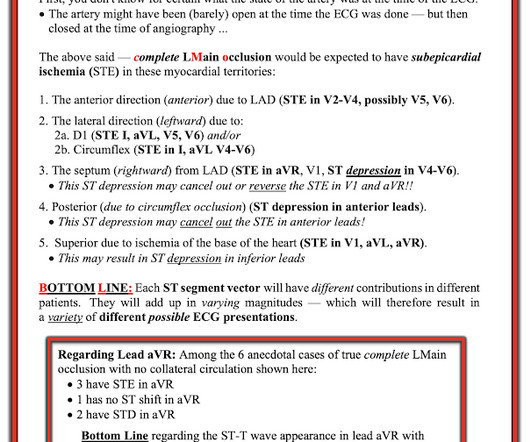











Let's personalize your content